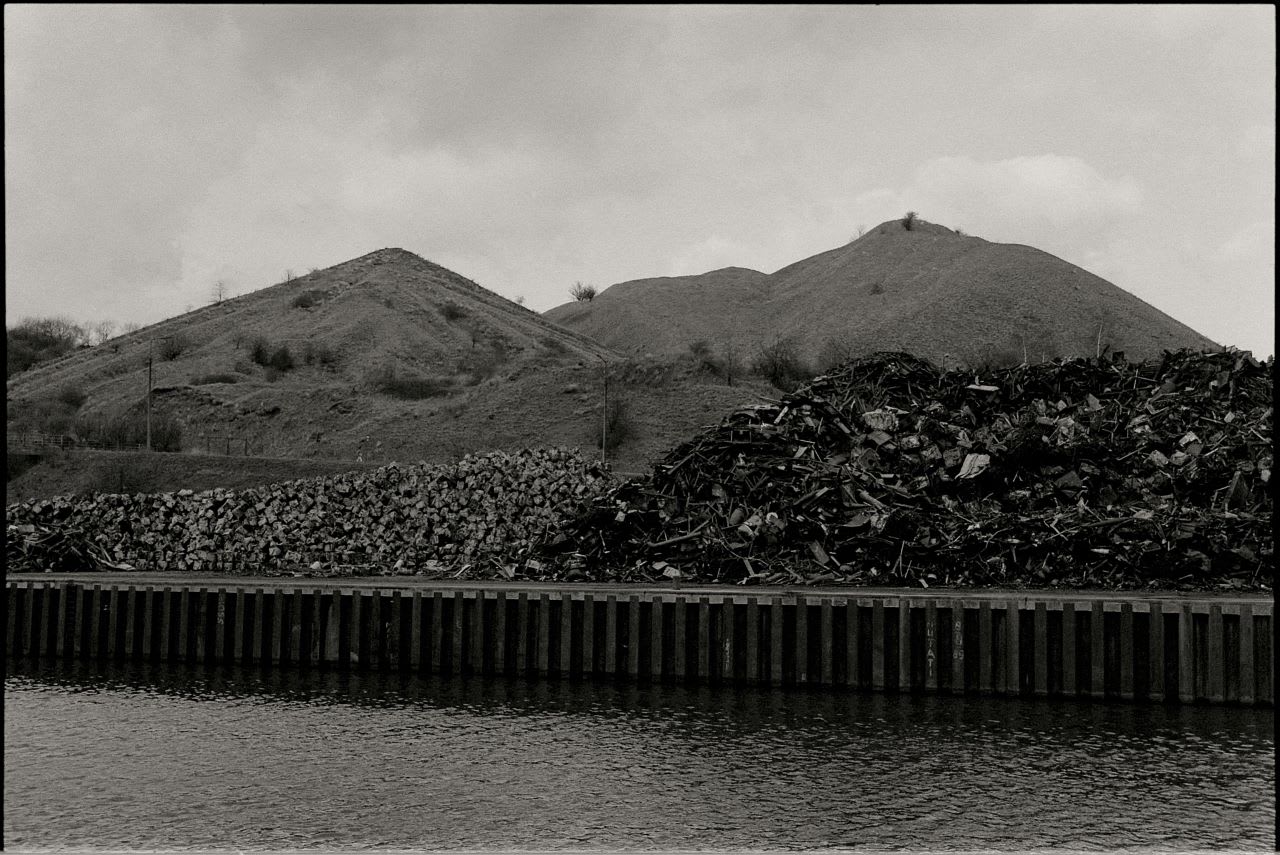Heidi Gutte
CFO+ Services
IFRS 15: Navigating Revenue Recognition Challenges

Article written on October 7, 2024
Maintaining compliance with IFRS 15, which outlines the principles for revenue recognition from contracts with customers, is crucial for Canadian public companies operating within the mining sector. This standard mandates that revenue should be recognised in alignment with the transfer of control of goods or services to customers, reflecting the consideration the company expects to receive. Given the complexity of mining operations and contracts, applying IFRS 15 consistently requires a strong grasp of its nuances and their operational implications.
Key Challenges of Revenue Recognition
The mining industry often deals with intricate contracts that include multiple deliverables and variables. Common forms of variable consideration, such as price adjustments based on market conditions and volume-related discounts, can complicate the determination of the transaction price, a core aspect of IFRS 15. Furthermore, identifying the precise moment of control transfer of minerals to customers is critical and can vary significantly across different agreements. Companies must carefully evaluate each contract to ensure revenue recognition adheres to the standard’s requirements.
Impact on Financial Reporting
Consistent application of IFRS 15 impacts the accuracy and timing of reported revenue, which is crucial for reflecting the company's true financial health. Companies must continuously assess how they recognize revenue, ensuring that their financial performance is accurately portrayed. This consistency also affects balance sheet items related to contracts with customers, necessitating ongoing adjustments to align with the standard. Furthermore, the enhanced disclosure requirements under IFRS 15 demand that companies provide detailed insights into their contracts, revenue, and cash flows, which requires meticulous attention to detail.
Implementation Strategies
For mining companies, establishing consistent processes to apply IFRS 15 involves maintaining robust internal reporting systems capable of capturing and analysing requisite data. Regular training programs for accounting and finance professionals are essential, keeping them informed of the best practices and interpretations of IFRS 15. Engaging with financial reporting experts can provide targeted guidance, helping to navigate complex contract analysis and revenue recognition scenarios effectively, thereby ensuring ongoing compliance.
Importance of Case Studies
Drawing lessons from case studies within the industry can provide a wealth of knowledge for applying IFRS 15 effectively. These examples offer practical insights and highlight common challenges and solutions, aiding companies in the refinement of their procedures. Analysing peer experiences enables companies to adopt proven strategies and preempt potential compliance issues, enhancing their own financial reporting practices.
Conclusion
For Canadian mining companies, the ongoing application of IFRS 15 is key to accurately depicting financial health and maintaining stakeholder trust. By focusing on implementing consistent and precise revenue recognition strategies, companies can ensure reliable financial reporting.
For tailored advice and professional assistance, reach out to our experienced team who can guide you through the complexities of IFRS 15 and help you optimise your financial reporting practices. Schedule a time to meet Heidi for a Virtual Coffee today or reach out.

CFOplus.boutique is the sole property of Heidi Gutte
